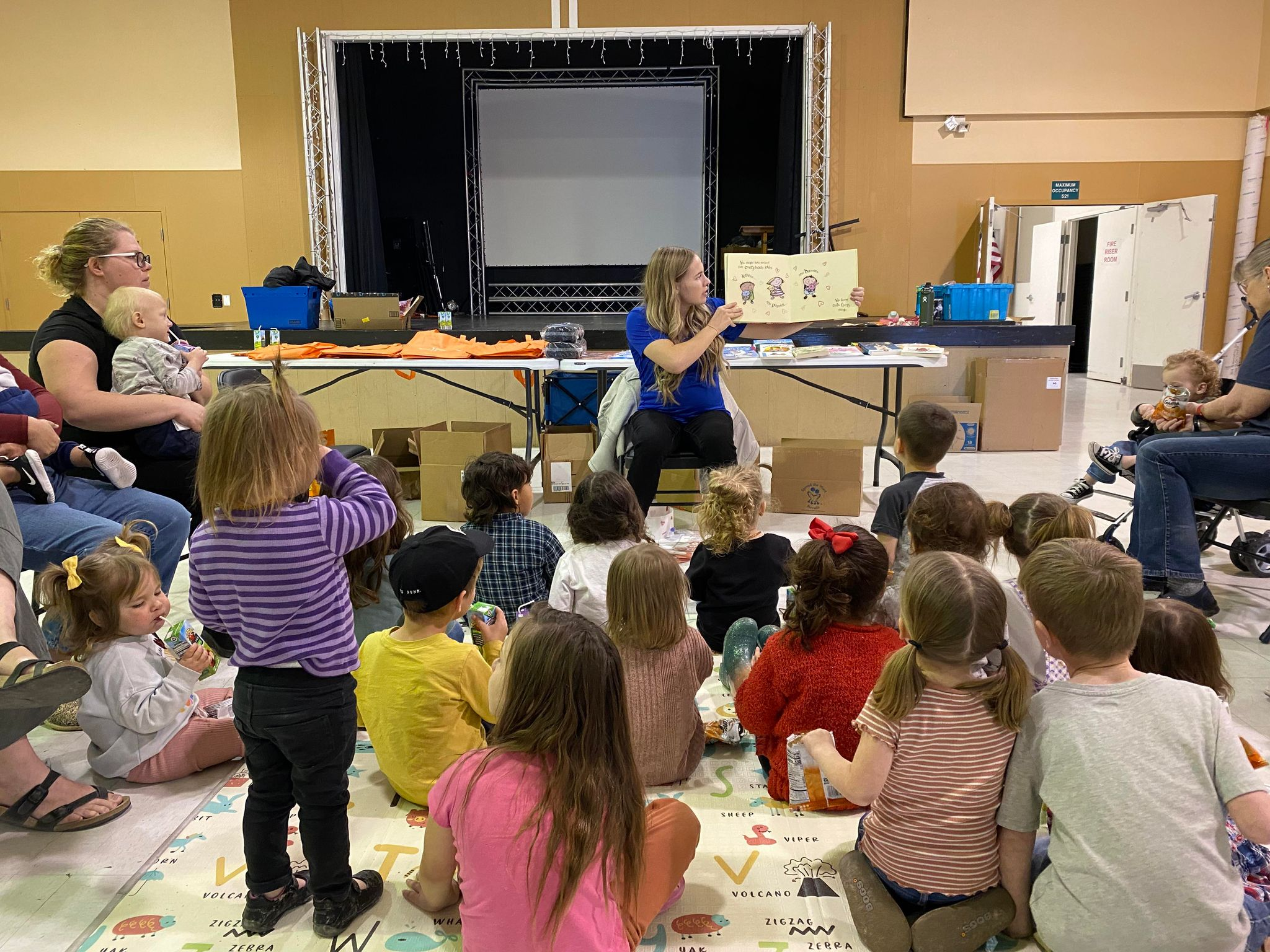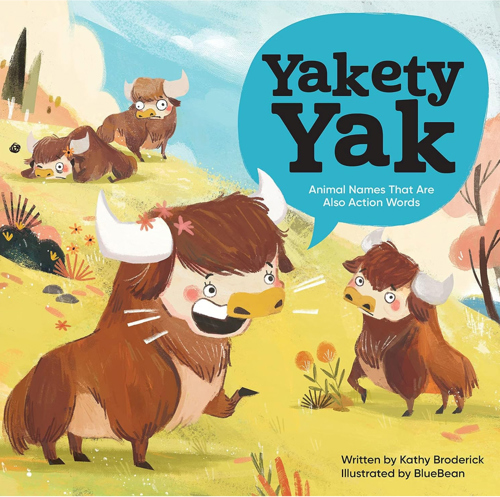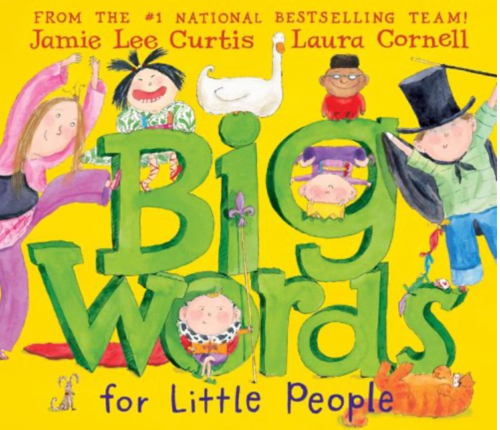 Return to Articles
Return to Articles
6.01.2024
Five Ways to Support a Growing Vocabulary

Vocabulary is the foundation for all communication. It is the basis for expressive language, receptive language, reading, and writing ability.
A broad, rich vocabulary – the words we recognize and know how to use – allows a child to understand and enjoy the things we read, to learn about the world around them, and to express themselves and their thoughts so that people will listen.
Research suggests that a strong vocabulary in childhood is linked to future success and happiness, both in school and in later life. A rich vocabulary allows children to understand the books they read and the ideas that teachers may share at school, meaning they can take an active part in lessons and make good progress.
Here are five things you can do to support a growing vocabulary:
- A Little More Conversation
Talking to your child is great. Talking with your child might be even better.
Young children hear their parents and caretakers say a lot of words every day and it adds up. Children whose parents talk to them frequently hear about 45 million words in the first four years, whereas in families that don’t talk as much, children heard only 13 million words.
Practice dialogue talk with your child: genuine two-way conversation. This can start when your child is young by responding to their babbling sounds or where they are looking at. As they get older, ask your child a question or ask what they are thinking about. Listen to their reply and respond, which is one of the simplest ways of building their vocabulary and language skills. - Reading Together
Reading to your baby from birth can help foster strong reading skills and a growing vocabulary. Reading together is an extraordinary experience for both parents and children.
Research shows that when parents read to their children, children develop a love of books that later builds strong reading skills.
While talk is the foundation of a child’s growing vocabulary, books provide another crucial source of language learning. The language of books – even books aimed at the youngest of children – is different to spoken language, so reading widely and being read to is a wonderful source of new words and new patterns of language.
The more words children hear and understand, the more they can say, and the better their reading and vocabulary skills are likely to be. - Recasting Language
A popular approach used in primary schools to help children learn new words or phrases is to recast children’s comments back to them, using a slightly different pattern of language.
Example –
Child: “The Rabbit goed away!”
Adult: “That’s right, the rabbit went away. He went into his hole.” - Follow Your Child’s Lead
Emphasize words that come up during everyday conversations and interactions with your child. If you talk about what interests your child, it is more likely that your child will pay attention and learn a new word. If your child is interested in playing with cars, you can model words like “push,” “beep beep,” or “fast.” - Keeping It Fun
The last thing we want as parents is to be constantly correcting our children or giving them great big lists of words to learn. Correcting your child often can discourage language production. Instead of correcting, try modeling the correct language back to them.
Learning to use language should be a joyful experience and, for most children, playing with words and language is a source of great fun.
If you would like to use books to support your child’s growing vocabulary, below are some recommendations for you and your child to check out together!

Stacey’s Extraordinary Words by Stacey Abrams
Stacey is a little girl who loves words more than anything. She loves reading them, sounding them out, and finding comfort in them when things are hard. But when her teacher chooses her to compete in the local spelling bee, she isn’t as excited as she thought she’d be. Stacey will learn that win or lose . . . her words are powerful, and sometimes perseverance is the most important word of all.

Yakety Yak by Kathy Broderick
When you hear the words yak or badger or bat, do you think of animals? Maybe you can imagine them while they are yakking, badgering, or batting! Duck into this book’s playful pages to explore action words that sound like animal names and the dictionary definitions that help explain them.

Big Words for Little People by Jamie Lee Curtis
With grown-up words like cooperate, respect, patience, and considerate, a large, boisterous family celebrates the power of language and discovers that words—big or little—are the bridge that connects us all. The eighth hilarious picture book by the #1 New York Times bestselling team of Jamie Lee Curtis and Laura Cornell helps little people communicate in a big person's world.






